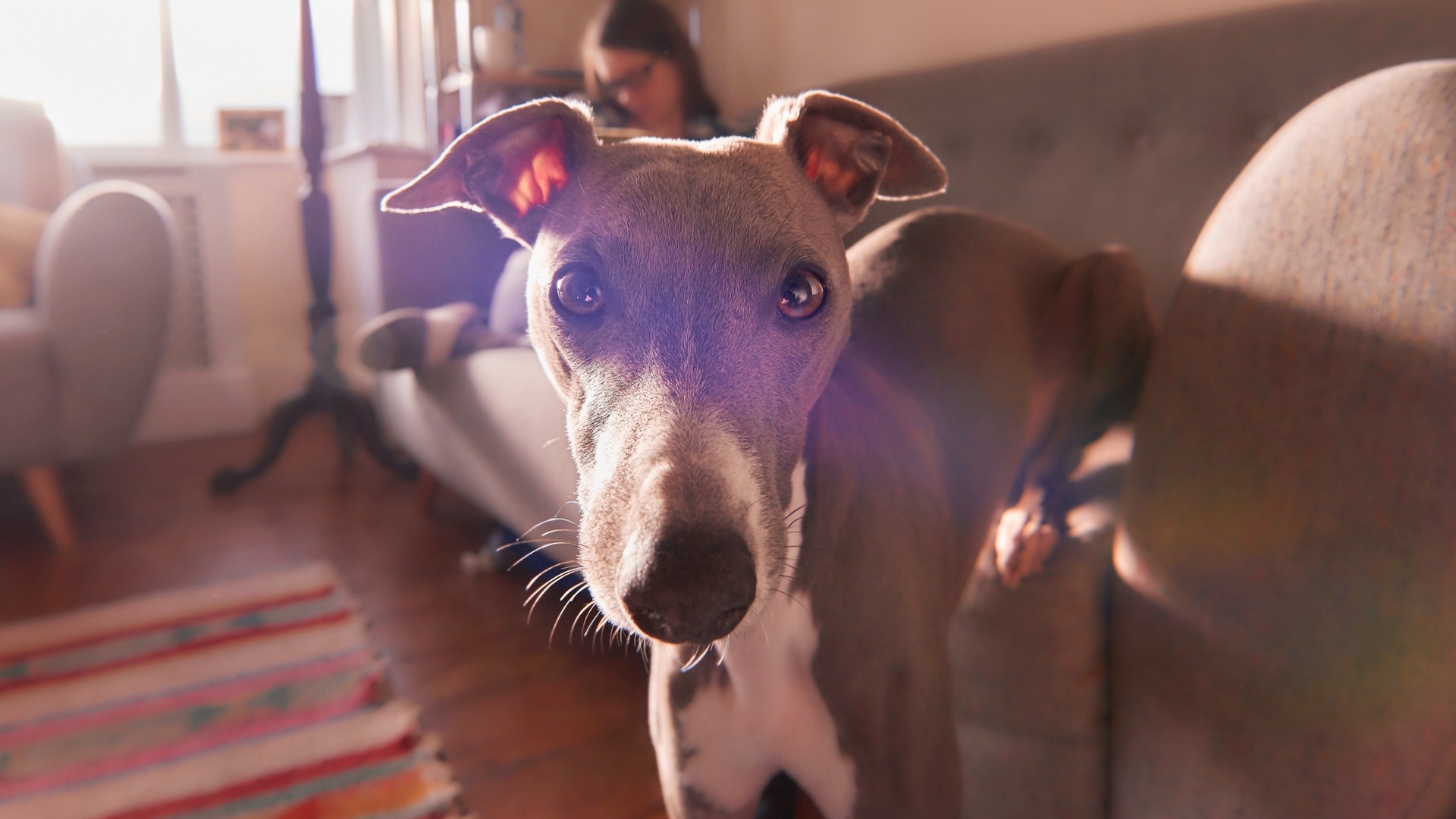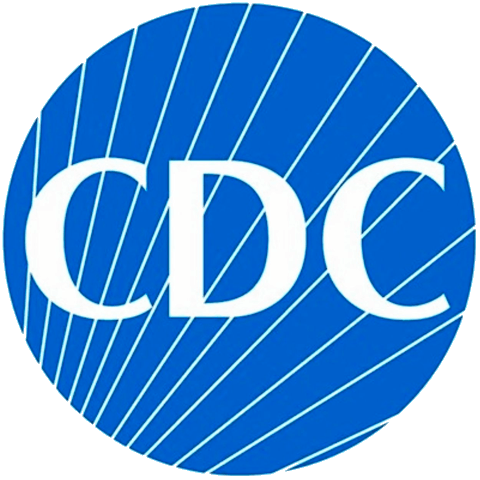How To Stay Healthy Around Dogs:
Summary:
Before buying or adopting a dog or puppy, make sure a dog is the right type of pet for your family. Talk to your veterinarian about the right type of dog for you to make sure the dog you choose fits your lifestyle and needs. Be aware that dogs can sometimes carry germs that can make people sick, even when they appear clean and healthy. Visit your veterinarian for routine care to keep your dog healthy and to prevent infectious diseases.


Before buying or adopting a dog or puppy, make sure a dog is the right type of pet for your family. Talk to your veterinarian about the right type of dog for you to make sure the dog you choose fits your lifestyle and needs. Be aware that dogs can sometimes carry germs that can make people sick, even when they appear clean and healthy. Visit your veterinarian for routine care to keep your dog healthy and to prevent infectious diseases.
Wash your hands
- Wash your hands with soap and running water:
- After handling dogs, their food and water dishes, or their supplies
- After contact with dog saliva or poop, even if you use a bag
- After handling dog food, treats, toys, or bowls
- Before you eat or drink
- Adults should always supervise hand washing for children under 5 years of age.
- Washing hands with soap and water is the best way to get rid of germs in most situations. If soap and water are not readily available, you can use an alcohol-based hand sanitizer that contains at least 60% alcohol.
Safely clean up after your dog
Cleaning up after your dog helps to keep the environment clean and reduces the risk of diseases spreading to people and other animals.
- Always pick up dog poop and dispose of it properly.
- Dog poop should be picked up, even in your own yard, and especially in areas where children may play.
Prevent dog scratches and bites
Dog bites can cause pain and injury, but they can also spread germs that cause infection. Nearly 1 in 5 people bitten by a dog requires medical attention. Any dog can bite especially when scared, nervous, eating, or when playing or protecting toys or puppies. Dogs may also bite when they aren't feeling well and want to be left alone. Any dog can bite, but most dog bites are preventable, and there are many things you can do at home and within your community to help prevent them. Practicing the safe handling tips below can help you avoid dog bites.
Know the risks
Children are more likely than adults to be bitten by a dog, and when they are, the injuries can be more severe. Most dog bites affecting young children occur during everyday activities and while interacting with familiar dogs. Having a dog in the household is linked to a higher likelihood of being bitten than not having a dog. As the number of dogs in the home increases, so does the likelihood of being bitten. Adults with two or more dogs in the household are five times more likely to be bitten than those living without dogs at home. Among adults, men are more likely than women to be bitten by a dog.
How to prevent dog bites and scratches
- Always ask if it is ok to pet someone else's dog before reaching out to pet it even if the dog appears friendly.
- Let the new dog approach you first.
- When a new dog approaches you, remain still to allow the dog to feel comfortable.
- Always make sure a dog has seen you and sniffed you before you reach out to pet it.
- Do not approach an unfamiliar dog, even if it seems friendly or healthy. Call animal control if you see a dog in trouble or a dog running loose.
- Do not let young children play with dogs without supervision, even if the child has met the dog before or if the dog is your family pet.
- Responsible pet ownership, including socializing your dog and using a leash in public, can help prevent dog bites.
- Do not disturb a dog while it is eating, sleeping, or caring for puppies
- Do not pet a dog if it appears to be hiding or seeing time alone.
- Do not continue petting a dog if it seems scared, sick, or angry.
- If a dog knocks you over, curl into a ball with your head tucked and your hands over your ears and neck. You can also put a purse, bag, or jacket between you and the dog.
- Do not encourage your dog to play aggressively or roughhouse.
- Do not panic or make loud noises, and never run from a dog.
- Do not try to break up dog fights.
If an unfamiliar dog approaches you, stay still and be calm, and avoid direct eye contact with the dog. Say "no" or "go home" in a firm, deep voice and stand with the side of your body facing the dog. Slowly raise your hands to your neck with your elbows in and wait for the dog to pass or slowly back away.
What to do if you are bitten or scratched by a dog
Germs can be spread from dog bites and scratches, even if the wound does not seem deep or serious.
- For minor wounds:
- Wash the wound thoroughly with soap and water.
- Apply an antibiotic cream.
- Cover the wound with a clean bandage.
- For deep wounds:
- Apply pressure with a clean, dry cloth to stop the bleeding. Then seek medical attention.
- If you cannot stop the bleeding or you feel faint or weak, call 911 or your local emergency medical services immediately.
See if a healthcare provider if:
- The wound is serious or deep (uncontrolled bleeding, extreme pain, loss of function)
- The wound becomes red, painful, or swollen, or if you develop a fever
- If you don't know if the dog has been vaccinated against rabies
- If it has been more than 5 years since your last tetanus shot and the bite is deep
- Let the healthcare provider know that you were bitten by a dog. The healthcare provider may consult with your state or local health department to help you decide if you need treatment known as rabies postexposure prophylaxis (PEP).
Report the bite
- Because anyone who is bitten by a dog is at risk of getting rabies, consider contacting your local animal control agency or police department to report the incident, especially:
- If you don't know if the dog has been vaccinated against rabies.
- If the dog appears sick or is acting strangely.
- If possible, contact the owner and ensure the animal has a current rabies vaccination. You will need the rabies vaccine license number, name of the veterinarian who administered the vaccine, and the owner's name, address, and phone number.

